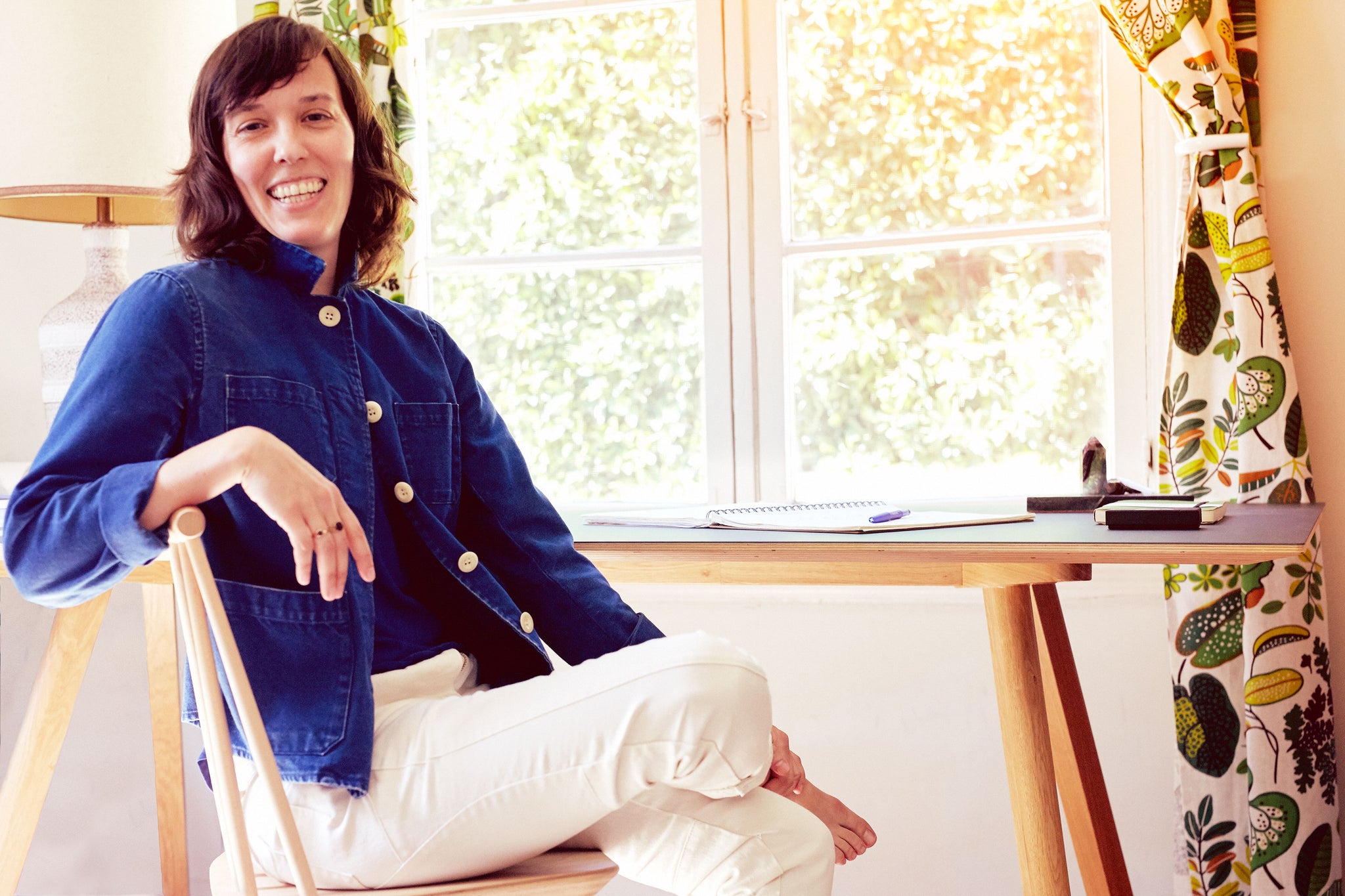Jocelyn K. Glei hosts the Hurry Slowly podcast - a new show about how you can be more productive, creative, and resilient by slowing down - writes books that will help you reclaim your time, and gives uncommonly useful talks.
How do you structure your day? Your week?
I try to structure my days as an oscillation between "deep attention" and "hyper-attention" activities. I strive to align my deep attention work — the stuff that demands a premium of cognitive energy and focus — with my circadian rhythms, the biological clock that dictates our energy peaks and dips throughout the day. For me, and for most people, the energy peaks are between 9am-12pm and 3-4pm each day. So I do my most important work during those times as much as possible.
Then I schedule my "hyper attention" work — activities which tolerate interruption well — during the rest of the work day. For me that's the more mindless or social work, like calls, meetings, and administrative stuff. Or creative work that I find relatively easy and relaxing, like recording my web site or brainstorming podcast guest ideas.
On a weekly level, I spend a lot of time thinking about percentages. As in, what percentage of my total workload do I want to devote to this project? At the moment, for instance, I have allotted 30% of my total work time to my new podcast, Hurry Slowly.
So I try to make sure the actual time that I am expending on a weekly or monthly level aligns with that overall percentage. The idea being that I want to have a certain amount of bandwidth for maintaining existing creations, and a certain amount of bandwidth for creating new things.
What's a piece of advice regarding work that's stuck with you?
"Plan the work, and work the plan." I am the type of person who always has a gajillion ideas, so it's easy for me to get bored with what I'm currently working on, and obsessed with a new idea that I'm not working on. If I let that impulse to novel-ness control me, however, I would never be able to spend enough time building something for it to actually take off — as that process of nurturing often takes years.
What's one tip you'd like to share with aspiring creatives?
Be clear about what you're trying to do — that is, what you're building, what type of freelance work you're seeking, what type of job you'd like to be hired for — and tell people about it. Even if you're young and don't know exactly what you want to do or be yet, it's important to have at least "an idea of what you want to do" to share with people you meet. Even if it's just a temporary placeholder.
If you want people to give you work, you have to tell them what to think of you for. You have to plant the seed in their mind. That doesn't mean you need to commit to that identity for the rest of your life, it can change! But it allows people to file you away, and remember you for work opportunities in the future. Which they will never do if you just seem undecided.
Carve out your day like Jocelyn. We recommend: Action Journal
Twitter: @Jkglei
Event photo by Julian Mackler
Other photos provided by Jocelyn Glei



Connect with us